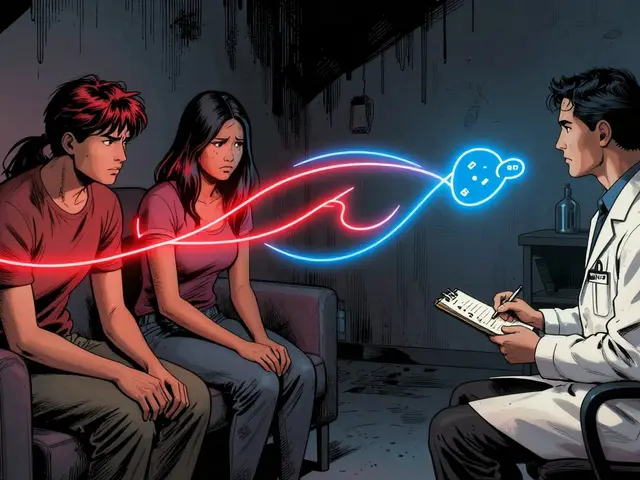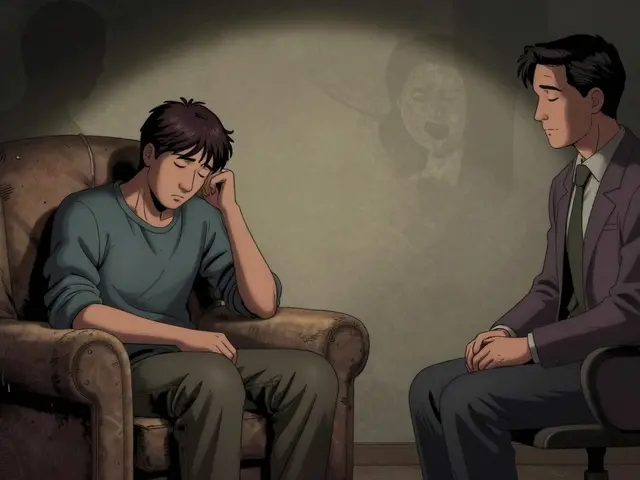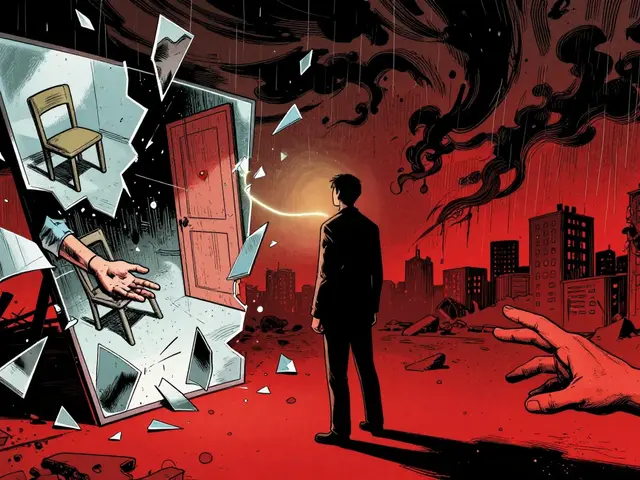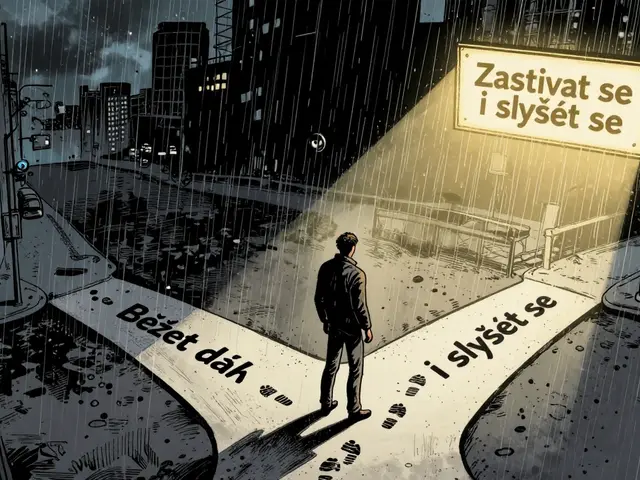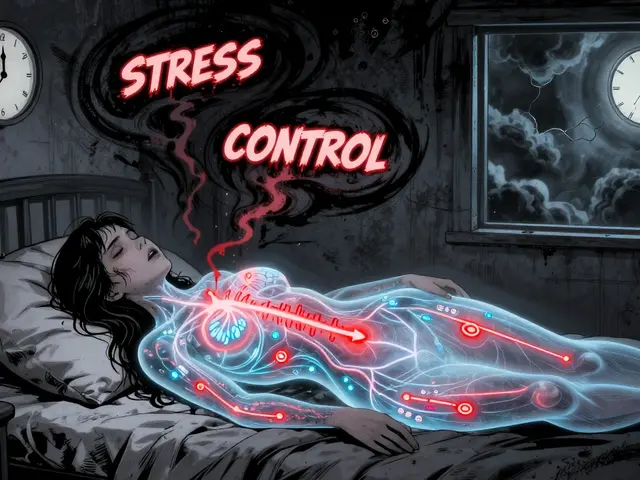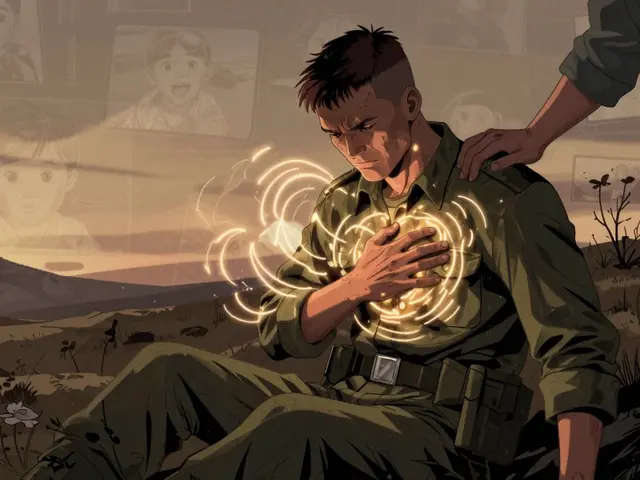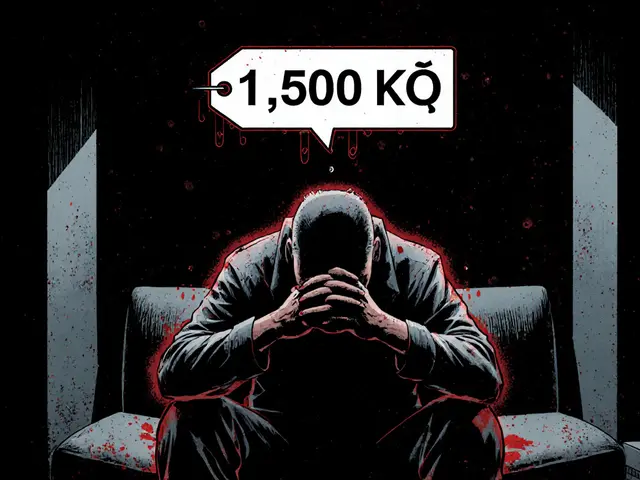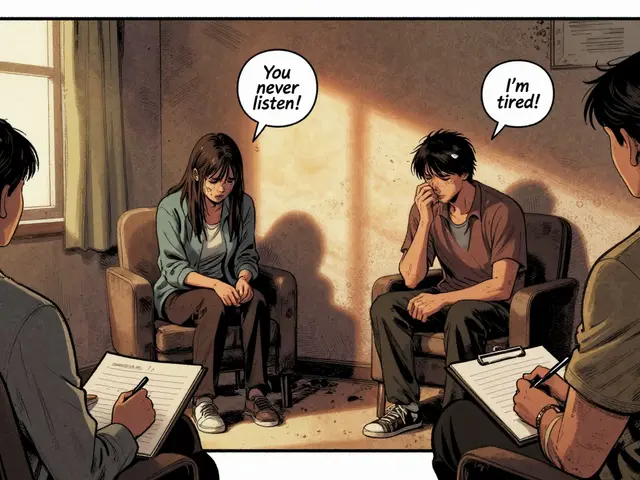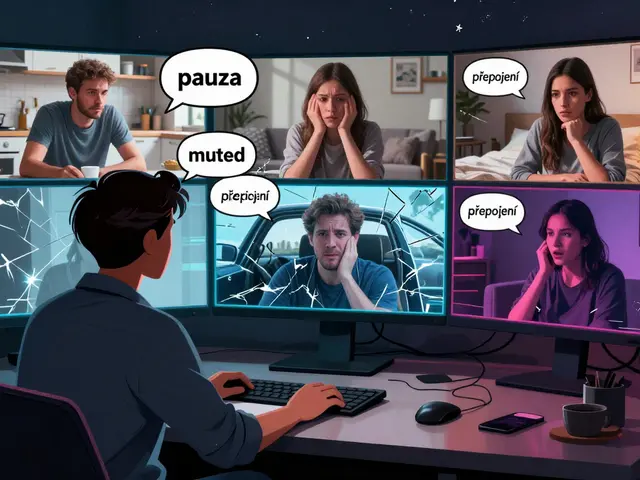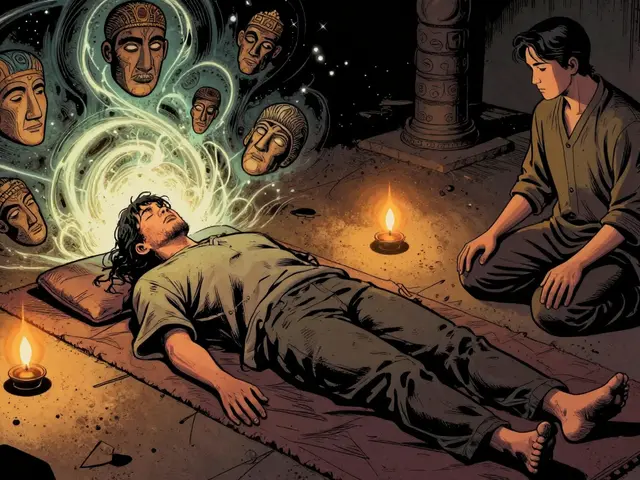Dětská deprese: Co to je, jak se projevuje a co skutečně pomáhá
When a child is depressed, they don’t just cry—they withdraw, act out, or get sick for no clear reason. dětská deprese, je nejen snížená nálada, ale hluboká porucha emocionálního fungování, která ovlivňuje schopnost dítěte učit se, spolupracovat a cítit se bezpečně. Also known as deprese u dětí, it is often mistaken for laziness, disobedience, or a phase. The truth? It’s a real, treatable condition—and ignoring it makes it worse.
Unlike adults, children rarely say "I’m depressed." They show it through behavior: skipping school, sudden drops in grades, constant irritability, unexplained stomachaches, or refusing to play with friends. Some become overly clingy; others shut down completely. This is why vývojová psychopatologie, obor, který studuje, jak se duševní poruchy liší v různých věkových fázích. Also known as vývojové poruchy, it helps us understand why a 7-year-old’s depression looks nothing like a 17-year-old’s. A child’s brain is still wiring itself. Trauma, bullying, family conflict, or even chronic stress at school can hijack that process. And when therapy ignores the child’s developmental stage, it fails—no matter how good the method.
That’s why dětská psychoterapie, specifický přístup, který využívá hru, příběhy, pohyb a bezpečný vztah místo jen hovoru. Also known as terapie pro děti, it’s not just therapy adapted for kids—it’s a different language altogether. Traditional talk therapy often doesn’t reach them. But when a therapist uses play, art, or somatic techniques—like grounding exercises or regulated breathing—they help the child process pain without words. And when trauma is involved, as it often is, standard antidepressants or simple CBT rarely work. You need to address the nervous system, not just the thoughts.
Parents often feel helpless. They think, "Is this just teenage moodiness?" or "They’ll grow out of it." But depression doesn’t disappear on its own—it burrows deeper. And if left untreated, it increases the risk of self-harm, substance abuse, and chronic mental health issues in adulthood. The good news? Early intervention works. When therapy includes the family, when schools are informed, and when the child feels truly seen, recovery is possible.
In the posts below, you’ll find real, practical insights from therapists working in the Czech Republic. Learn how to spot the hidden signs, why some treatments backfire, what actually helps kids rebuild their inner balance, and how trauma, ADHD, and autism often overlap with depression. You’ll see how play therapy, family involvement, and somatic techniques make a difference—not just in theory, but in living rooms, classrooms, and therapy offices across the country.
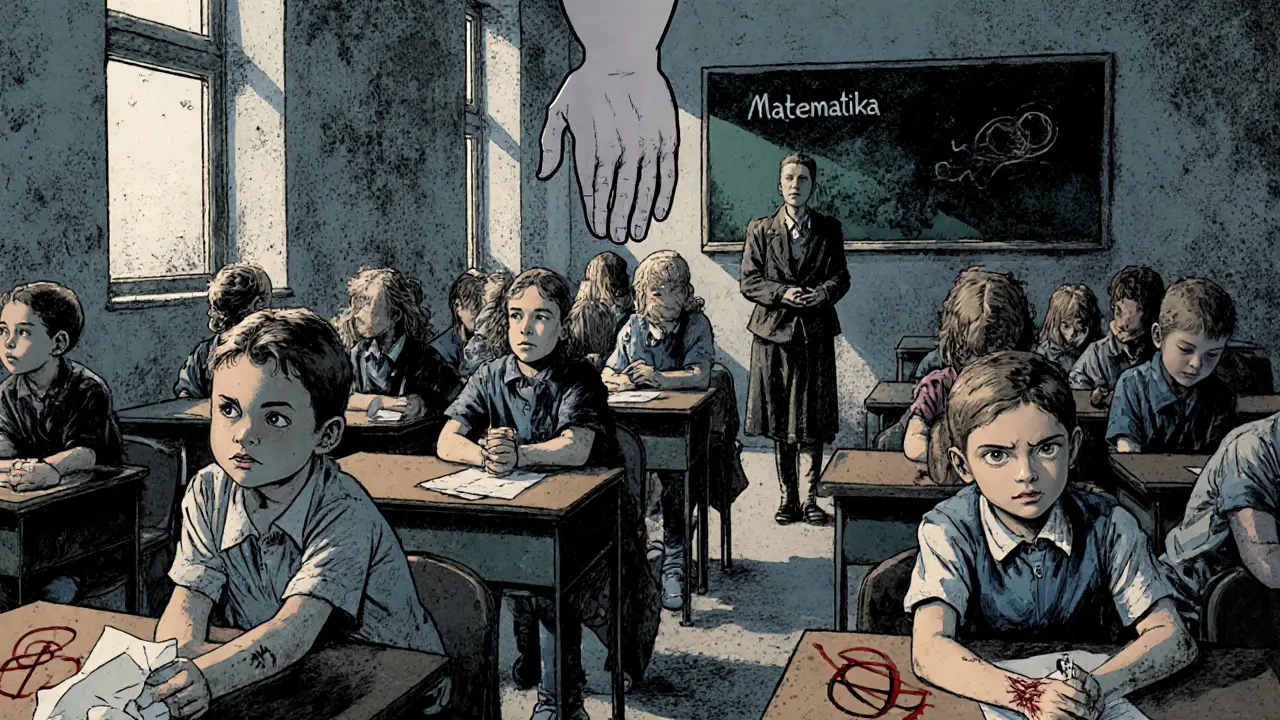
Duševní zdraví dětí: Jak předcházet psychickým obtížím ještě v dětství
Duševní zdraví dětí je kritické pro jejich budoucnost. 40 % dětí trpí depresemi, 30 % úzkostí. Prevence už v dětství může zabránit vážným poruchám. Jak rozpoznat příznaky, co dělat jako rodič a jak škola může pomoci.
Pokračujte ve čtení